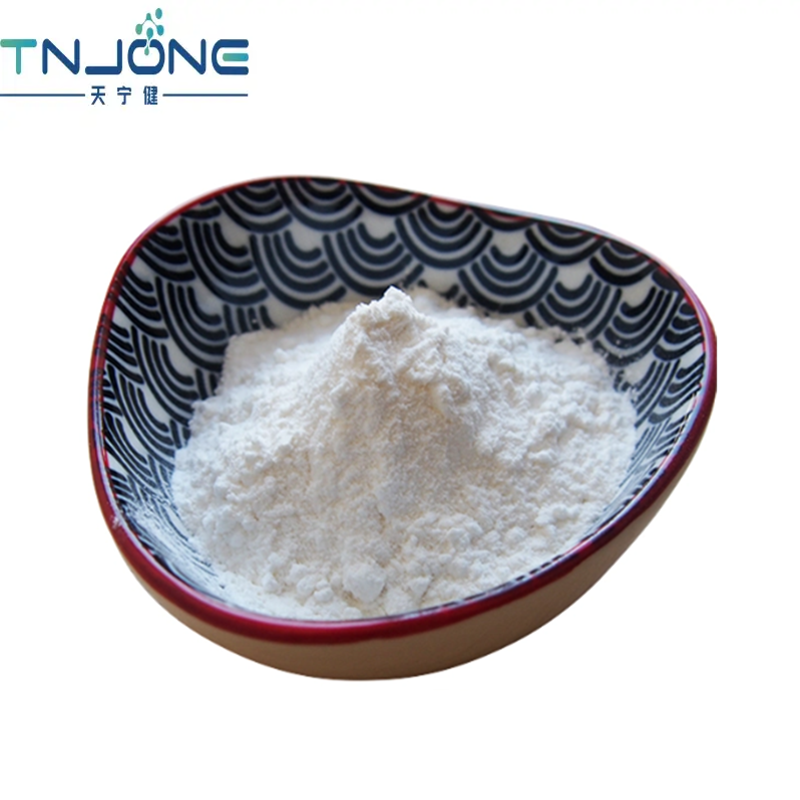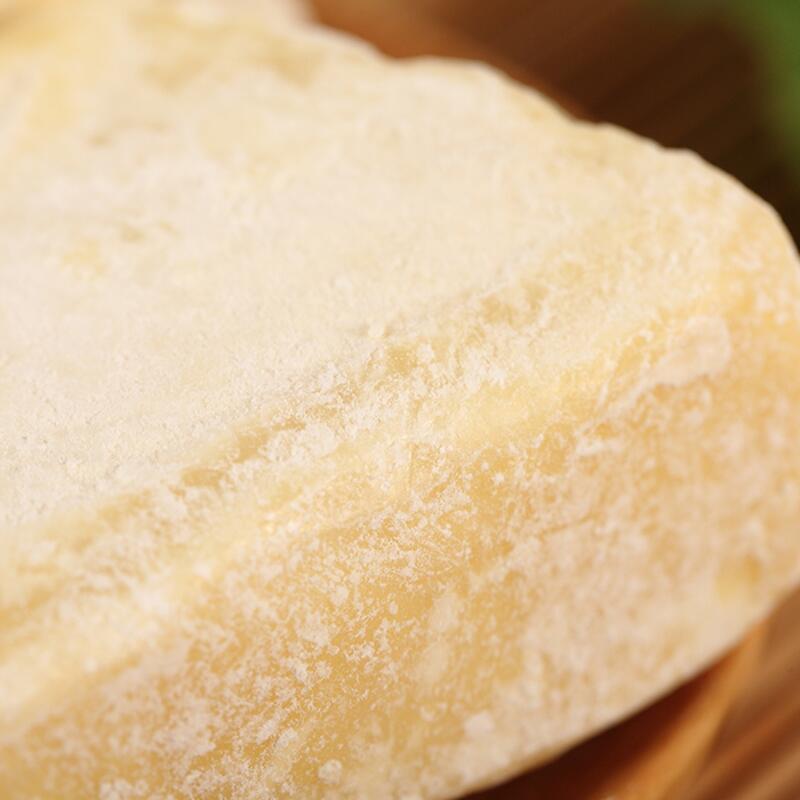-
Categories
-
Pharmaceutical Intermediates
-
Active Pharmaceutical Ingredients
-
Food Additives
- Industrial Coatings
- Agrochemicals
- Dyes and Pigments
- Surfactant
- Flavors and Fragrances
- Chemical Reagents
- Catalyst and Auxiliary
- Natural Products
- Inorganic Chemistry
-
Organic Chemistry
-
Biochemical Engineering
- Analytical Chemistry
-
Cosmetic Ingredient
- Water Treatment Chemical
-
Pharmaceutical Intermediates
Promotion
ECHEMI Mall
Wholesale
Weekly Price
Exhibition
News
-
Trade Service
The cassava pest control team of the Institute of Environmental Physiology, Chinese Academy of Thermal Sciences has made new progress in the study of the interaction mechanism of cassava-Papaya mealybugs.
The study clarified the host suitability of 15 cassava varieties for Papaya mealybugs, from the perspective of viability and reproduction.
Strength, enzyme gene expression and digestive detoxification and antioxidant capacity, toxic secondary metabolites and nutrient response levels reveal the interaction mechanism of cassava-papaya mealybugs, and the results help to better understand the host of herbivorous insects Selectivity, and provide a theoretical basis and a new strategy for the innovative use of unsuitable host plants to effectively block and block the invasion, colonization and expansion of Papaya
.
The study clarified the host suitability of 15 cassava varieties for Papaya mealybugs, from the perspective of viability and reproduction.
Strength, enzyme gene expression and digestive detoxification and antioxidant capacity, toxic secondary metabolites and nutrient response levels reveal the interaction mechanism of cassava-papaya mealybugs, and the results help to better understand the host of herbivorous insects Selectivity, and provide a theoretical basis and a new strategy for the innovative use of unsuitable host plants to effectively block and block the invasion, colonization and expansion of Papaya
.
Paracoccus marginatus is a dangerous alien invasive pest in the world, and it is also the four major dangerous pests in the main cassava planting areas at home and abroad
.
At present, the research on the host selectivity of P.
quincea on cassava and its interaction mechanism with cassava is very lagging behind, resulting in its rapid invasion and expansion in cassava areas, high frequency of outbreaks, difficult effective monitoring, difficulty in prevention and control, and hazards.
It is becoming more and more serious, which has seriously affected the sustainable and healthy development of the global cassava industry
.
.
At present, the research on the host selectivity of P.
quincea on cassava and its interaction mechanism with cassava is very lagging behind, resulting in its rapid invasion and expansion in cassava areas, high frequency of outbreaks, difficult effective monitoring, difficulty in prevention and control, and hazards.
It is becoming more and more serious, which has seriously affected the sustainable and healthy development of the global cassava industry
.
The research team systematically analyzed the feeding suitability of 15 cassava varieties to the mealybug, and found that resistant and unsuitable cassava varieties can significantly inhibit the viability, fecundity, digestion, detoxification and antioxidant capacity of the mealybug.
However, after being fed by the mealybug of Papaya, the contents of toxic secondary metabolites and nutrients, the activities of antioxidant enzymes and the expression of key synthesis genes in the resistant and unsuitable cassava varieties were significantly induced.
The content decreased significantly, which clarified the physiological and biochemical mechanism of the interaction between cassava-papaya mealybugs
.
However, after being fed by the mealybug of Papaya, the contents of toxic secondary metabolites and nutrients, the activities of antioxidant enzymes and the expression of key synthesis genes in the resistant and unsuitable cassava varieties were significantly induced.
The content decreased significantly, which clarified the physiological and biochemical mechanism of the interaction between cassava-papaya mealybugs
.
The findings of the study titled "Resistant cassava cultivars inhibit the papaya mealybug Paracoccus marginatus population based on their interaction: from physiological and biochemical perspectives" was published in the authoritative journal of entomology "Journal of Pest Science"
.
Researcher Chen Qing, assistant researcher Liu Xiaoqiang and associate researcher Liang Xiao of the Chinese Academy of Thermal Sciences The co-first author and researcher Chen Qing is the corresponding author of the paper
.
The research was funded by the National Cassava Industrial Technology System, the Ministry of Agriculture and Rural Affairs Special Project for the Investigation and Protection and Utilization of Agricultural Resources, and the Major Science and Technology Program of Hainan Province
.
.
Researcher Chen Qing, assistant researcher Liu Xiaoqiang and associate researcher Liang Xiao of the Chinese Academy of Thermal Sciences The co-first author and researcher Chen Qing is the corresponding author of the paper
.
The research was funded by the National Cassava Industrial Technology System, the Ministry of Agriculture and Rural Affairs Special Project for the Investigation and Protection and Utilization of Agricultural Resources, and the Major Science and Technology Program of Hainan Province
.
Link to the full text of the paper: https://doi.
org/10.
1007/s10340-022-01550-z
org/10.
1007/s10340-022-01550-z







